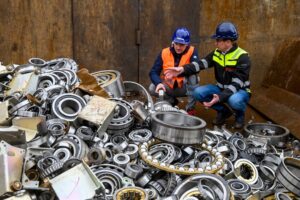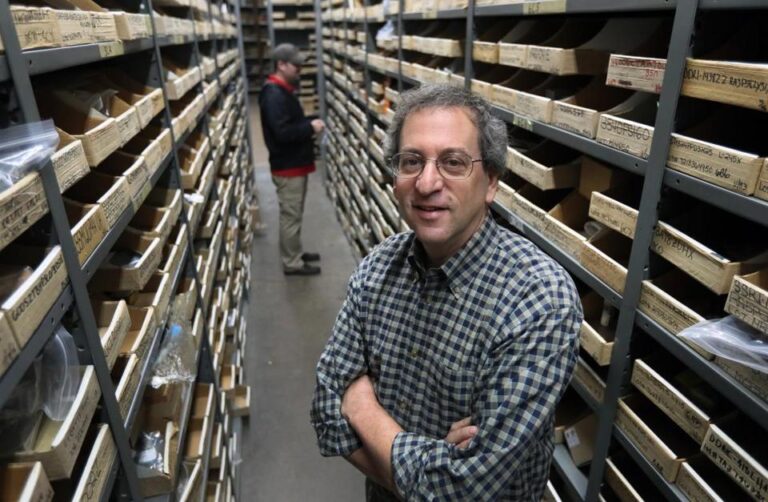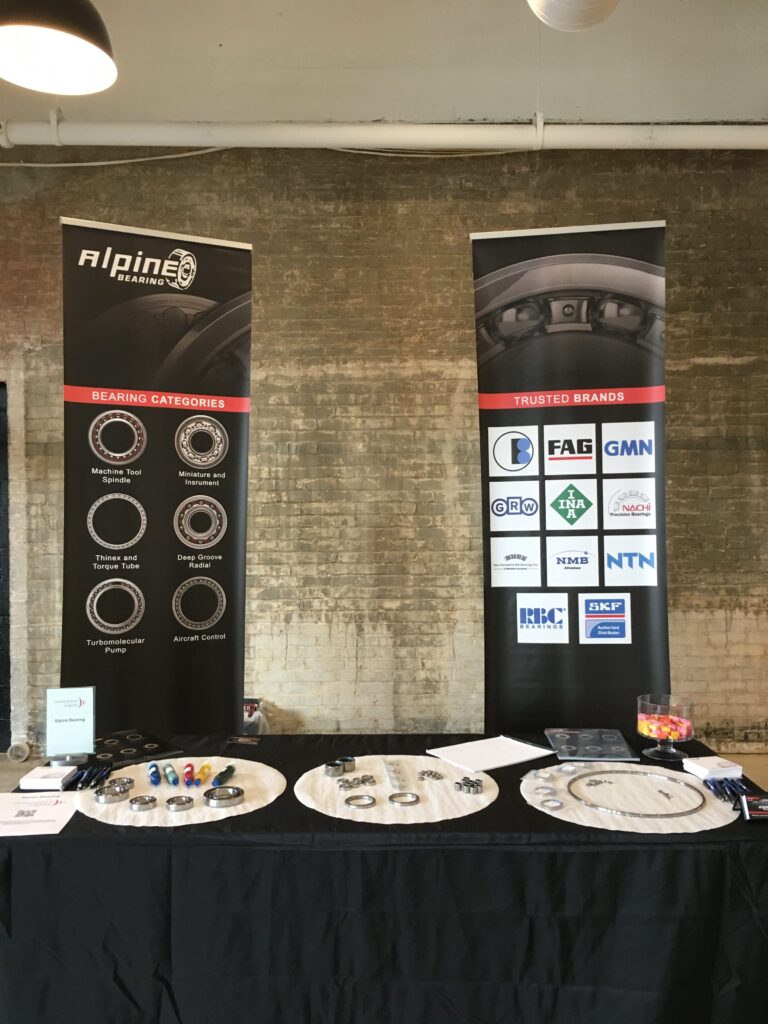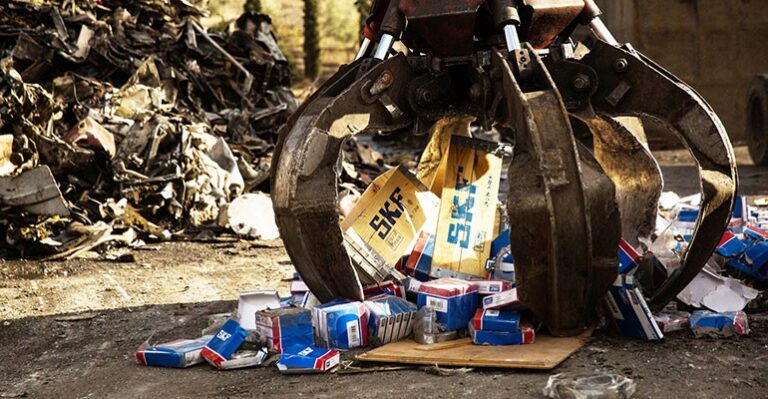
If you unwittingly buy a fake Rolex, you’ll be disappointed, but you’ll probably be okay. But if your new bearings are counterfeit, your equipment and the people who operate it are at risk.
Why should you care about counterfeit bearings?
There’s a reason you choose a reputable brand when you buy bearings: you want to know what you’re getting. Whether you’re installing bearings in an industrial robot, a helicopter, or a Mars rover, you need them to be reliable. You need to trust the bearings to meet specifications, last for the duration you expect, and be strong enough to hold up to the forces of operation.
Counterfeits break that trust. Manufacturers making counterfeits use inferior materials, machine them poorly and imprecisely, and don’t do quality control testing. Would you really want to drive a tank or a freight train rolling on counterfeit bearings?
How to avoid counterfeit bearings
Luckily, bearing companies work hard to keep counterfeit bearings off the market. They sell through authorized distributors, collaborate with law enforcement agencies, and send counterfeits to be destroyed and recycled. Schaeffler Group recently crushed 10 tons of fake Schaeffler bearings – around 30,000 of them – and had a steelworks melt them back into a useful raw material.
Some fakes still make it through. SKF Group estimates that about 2.5 percent of the global bearings market is counterfeit. To reduce the risk of buying illegitimate bearings, there are a few things you can do.
- Purchase from authorized distributors. Authorized distributors have an established relationship with bearing companies. They make it easy to trace the origins of a product.
- Use an app. The World Bearing Association app checks packaging from many major bearing brands for fakes.
- Contact the manufacturer. If something seems off about a bearing you’ve bought – if it looks different than the old bearing it replaced or makes excessive noise – call the company that made the bearing. Many will test the authenticity of a bearing for you.
With some diligence, it’s possible to ensure you get high-quality bearings from the brand you asked for. If you ever need advice about responsibly sourcing a bearing, contact one of our sales engineers. They’ll be glad to help.
More resources
The Problem with Counterfeit Bearings – Alpine Bearing
How to identify and avoid buying fake bearings – Bearing News
Stop Fake Bearings – World Bearing Association





